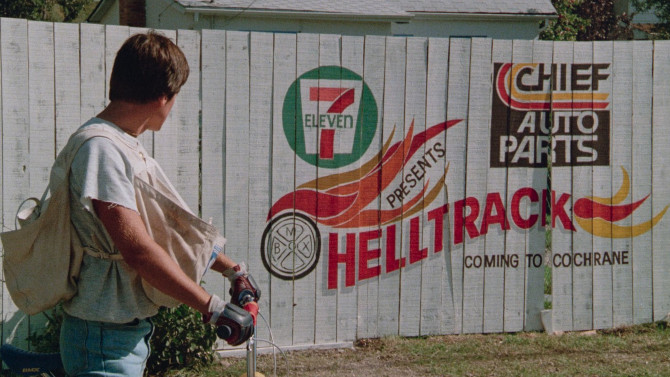
I Want To Ride My Bicycle…
I’m still not exactly sure what I’m doing here, but here we go. . . 1986's Rad is one of the films that has the greatest discrepancies between critic and fan ratings – despised by the former, loved by the latter. An unknown to even the most fanatical of film fans, yet also a cult classic adored by its underground supporters, this motion picture, directed by stuntman nonpareil Hal Needham, is like a scientifically concocted adrenaline shot of cheese, kitsch, B movie badness, with a fantastical twist on the 80s. . . and, for some bizarre reason, I kind of liked it. Welcome to the town of Cochrane, a fictional place where the newspaper delivery boys are aided and cheered on by its local citizens (including the garbage men), where the cops love nothing more than playing a motorcycle versus bike version of hide and go seek against the kids in the local wood mill, where everyone’s favourite pastime is called ‘ass sliding’ – no, it’s not as dirty or fun as it sounds, where the dancing looks like a part of a Siegfried & Roy show (and that’s not to mention the sexualized bicycle tango), and each and every person (be it the Shriners on their little clown cars, or its aged population) seems to be absolutely enthralled by BMX biking.
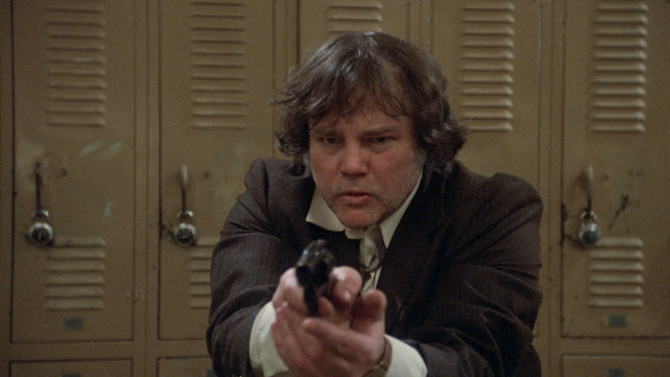
What Could Have Been: Wacko
Eighteen years before Scary Movie ruthlessly parodied countless horror tropes (leading to four sequels that varied from hilarious to unwatchable), there was an original spoof film that prodded at the intricacies of the horror genre, 1982's Wacko, directed by Greydon Clark. In a way comparable to Mel Brooks’ High Anxiety (I know what you’re thinking – how?), Brooks and his team fell into the trap of spending more time trying to honour and satirize Alfred Hitchcock’s motion pictures instead of forming a workably entertaining story. Similarly, the most fun you’ll have watching this disjointed effort is looking for the references to other horror movies – and less so the product as a whole.
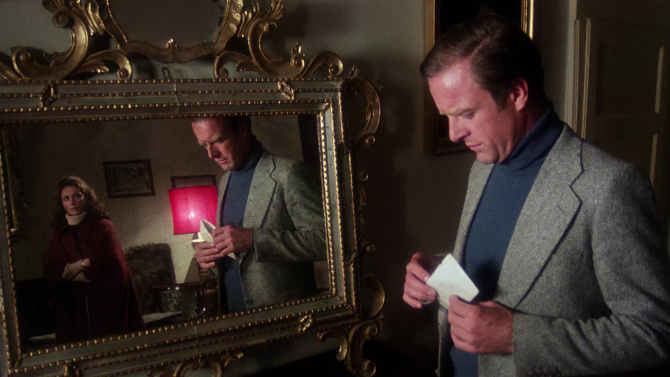
Giallo-Vision
A fascinating combination of Edgar Allan Poe’s “The Cask of Amontillado” and “The Tell-Tale Heart” infused with the daunting question of ‘can you change your own fate?’, Lucio Fulci’s The Psychic (1977) – at least in the US (in its native Italy: Seven Notes in Black. . . other title iterations include Murder to the Tune of the Seven Black Notes and Death Tolls Seven Times), is a parapsychology tinged giallo nonpareil. Virginia Ducci (Jennifer O’Neill) is haunted by the second sight. . . something she horrifically learned when she could sense her mother committing suicide when she was just a young girl. Having moved on from that traumatizing early childhood experience, the English woman has married a wealthy, frequently traveling Italian businessman, Francesco Ducci (Gianni Garko), moving from her native UK to picturesque Italy.

It Goes On and On My Friends…
Oh, the 80's. . . a child’s mother dead, vicious bullies, a horse dying by way of depression in a boggy swamp, a killer wolf, a fantastical world coming to an end, heavy doses of existentialism – and that’s a children’s movie?! Of course, some of you might have guessed it by now, I’m talking about one of the most bizarre family films in the history of the silver screen, 1984's The NeverEnding Story. Co-written and directed by Wolfgang Petersen (in his first English language film – Air Force One, Troy and several others would follow), this German produced feature, based upon the 1979 novel of the same name written by Michael Ende, though successful in its original release, definitely falls within the cult classic moniker. With a 21st century lens, those who have not yet seen it will be shocked by just how dark and depressing it is for a so-called family film. . . but, like those original Grimm fairytales, just below its overtly bleak outlook, there are many more upbeat themes and life lessons to learn.
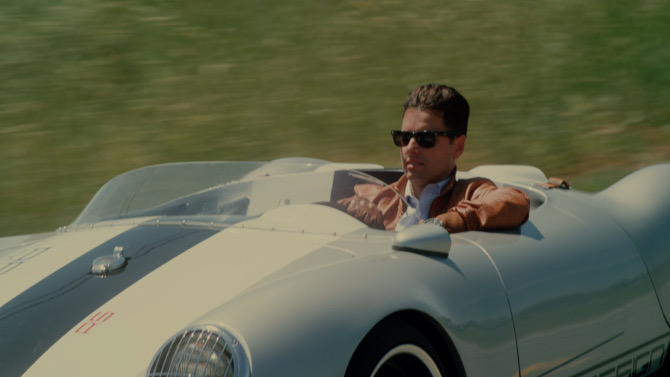
Leader of the Pack
As I sat watching the special screening of the Canadian independent film Generation Wolf (the Ontario non-festival premiere held at the historic Port Theatre in Cornwall) surrounded by a massive audience – an image triggered in my mind. . . that of two individuals playing Russian roulette. Though this may seem nonsensical (especially once you read my synopsis), please allow me to elaborate. The movie had a certain inevitability, much like the deathly contest – after all, Russian roulette always ends with a bullet to the head. Yet, it was also imbued with many other features associated with the contest – chance, luck, suspense and a certain unpredictability. It is perhaps the biggest risk/reward game that can be played. As you can imagine, Generation Wolf produces its fair share of nerving thrills. Christian de la Cortina co-writes (along with Frank Baylis), produces, directs and stars in this Canadian picture that is still surfing the festival circuit. He plays Vincent Del Toro, a smart young man who has left his home in Michigan for sunny days in California, and is on the verge of putting his business on the map. Converting classic cars of yesteryear into modern, electric cars of the future, he has already made some sales. Waiting on the licensing bureau, he soon realizes that they are actually re-possessing his cars – as they won’t accept the electric motors he has used.
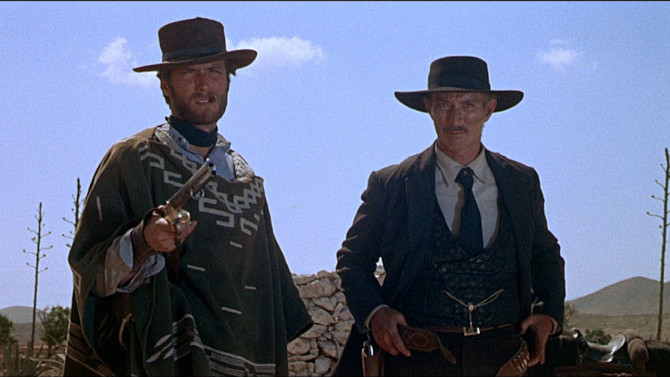
Bounty Hunters
Before we get started today, I just wanted to write something on Ennio Morricone, the iconic composer who passed away on July 6th, 2020. With a mind-blowing 519 composing credits to his name, he was a master of music. . . scoring everything from gialli (including Dario Argento’s famed “Animal Trilogy” – the first being The Bird with the Crystal Plumage) and spaghetti westerns (arguably his most famous work, the “Dollars Trilogy” with Sergio Leone) in his native Italy, to big budget Hollywood blockbusters such as Terrence Malick’s Days of Heaven, Brian De Palma’s The Untouchables, John Carpenter’s The Thing, Roland Joffé’s The Mission, Barry Levinson’s Bugsy, and Quentin Tarantino’s The Hateful Eight (which won him his only competitive Oscar). Today’s review of For a Few Dollars More (1965) is a prime example of his craftsmanship – a dynamic combination of diegetic and non-diegetic music (the former meaning a tune being heard by both the characters in the film and the audience, the latter being heard only by the audience), the score is built around the diegetic sounds of a musical pocket watch held by two different characters, yet this is only the beginning. . . listen for his fascinating combination of chanting, whistling, different sounds, and instrumental music that lingers somewhere between its nineteenth century western setting and some yet undiscovered post-modern style of music.
